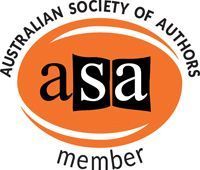My PhD thesis — ‘The Body as Fiction, Fiction as a Way of Thinking’ — is available in full at Digital Research Online and Trove, but here’s some parts below that may be of interest.
[By the way, feel free to quote from this as long as you include this citation and link (thanks!): Beth Spencer, The Body as Fiction / Fiction as a Way of Thinking: On Writing A Short (Personal) History of the Bra and its Contents (PhD thesis, University of Ballarat, Australia: 2006)]
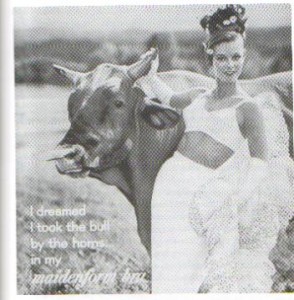 The thesis contains two parts — an exegesis, and samples from a novel (still) in progress called ‘A Short (Personal) History of the Bra and its Contents’.
The thesis contains two parts — an exegesis, and samples from a novel (still) in progress called ‘A Short (Personal) History of the Bra and its Contents’.
The exegesis explores points of convergence between feminism, post-structuralism, quantum physics, ecological spirituality, and the discursive strategies of history and fiction – in particular, regarding the connections between body and mind, matter and spirit, nature and culture, as well as the overriding question of: ‘how do we know what we know?’
By constantly questioning the givenness or ‘naturalness’ of the ways we think about our bodies, our ‘selves’, and the relationships we have to each other and the environment, my aim in my fiction is to create a text that intervenes, rather than just documents: a text that invites us to explore that degree of flexibility in what we choose to think of as ‘reality’.
Chapter 3: The Matter of Bodies and the Paradigm Shifts of Post-structuralism, Quantum Physics, and Ecological Spirituality [pdf file – 35 pp]
This chapter traces a brief history of classical science and the epistemological privileging of empiricism and materialism as the sanctioned ways of knowing the world and understanding embodiment. It then looks at some challenges to this dominant view in the form of quantum physics, spiritual ecology and post-structuralism, and the practical implications of this for our understanding of the nature of ‘truth’.
Chapter 4: Thinking Beyond the Mind/Body Split:
Writing, Reading and Thinking with the Heart [pdf file – 23 pp]
This chapter further explores the role of the body and emotions in beliefs, knowledges and decision making; and the notion of the ‘thinking body’ and ‘feeling mind’ as a way of moving beyond the mind/body duality.
Chapter 5: Historiography and Method: Putting it into Practice [pdf file – 22 pp]
From the Conclusion: The ‘nature’ of our bodies – like the nature of our ‘selves’ – is to some extent a choice (or set of choices) that we make culturally. There is no way to confidently define ‘the body’ in any universal or permanent sense, no way to conceptualise or represent its role that doesn’t contain within it a belief system.
In this thesis I have been exploring ways to conceptualise the body that return breath and heart to it, that acknowledge the productive possibilities in its unboundedness, excessiveness, variety and fluidity.
Drawing on ideas from the post-structuralist paradigm shifts of the twentieth century that have left their mark on philosophy, science and spirituality, I suggest that one way to mend the split between nature and culture, mind and body is to understand these as involved in a multi-faceted and dynamic network of interdependence, with no controlling term, no ‘master of the domain’. As a complex feedback system that extends outside of the boundaries of the skin, this concept of embodiment suggests that we are inter-connected with each other and with the whole of matter in subtle ways. As such it is also a profound way to destabilise all dualities, including the primary dividing terms of self and other.
While exploring the body as fiction, I have also been exploring fiction as a way of thinking that uses and values the intelligence of the body.
In writing A Short (Personal) History of the Bra and its Contents, fiction has allowed me to create a discursive field in which the wide range of subjects raised by my topic – concerns to do with bodies, identity, knowledge, and power at the cusp of the twentieth and twenty-first centuries – can coexist without the constant requirement to lift, separate and impose discipline(s). As a research technology, fiction encourages casting a wide net and fosters a high level of cross-fertilisation of ideas. It provides an artificial space, or laboratory, where theories can be tested and explored by grounding them in concrete circumstances. As such it is not just a place to express ideas, but to generate, develop, process and refine them.
In my fiction I have developed a style using montage and a multi-vocal narrative that allows a plethora of cultural and historical ‘bits’ to rub shoulders and work off each other in non-linear ways. My aim has been to create a text in which authority keeps circulating; where the contradictions and discontinuities can have full play; and where the gaps, texture and juxtapositions help to create a fluid system of meanings in which readers are actively involved. What I wanted was a text that invites thought, but doesn’t require agreement; a process able to tap into and map aspects of the cultural unconscious; and one able to provide an evocation of post-modern history and contemporary life, by re-presenting a taste of the organic cultural fields, or ‘datasphere’ in which meanings are constantly being made and remade.
Fiction can also help us move beyond the fundamental ‘misrecognition’ where we see and experience ourselves as separate beings (the totality of the self identified with the visibly unified body in the mirror, and everything else defined as Other), by allowing us to re-experience our deep interconnection through our ability to empathise.
It is the body that reminds us of what we most value, and what makes us feel most at home. The body gives us important feedback about our decisions and choices; and is thus vital in developing not just subjective knowledge, but all knowledge, insofar as all knowledge is inter-subjective or relational.
What I hope this novel can achieve is to provide a meditation on certain cultural themes (such as gender, or illness, or our relationship to our bodies) that creates an opportunity for a shift to take place in the habitual ways in which we think and feel, or know, things. As a psychophysiological practice, writing and reading fiction can allow ideas to be processed in multiple subtle ways by stilling the body and holding our focus emotionally, sensually and intellectually.
Fiction is a place where reason and passion can be companions, supporting each other. And while these novel chapters don’t necessarily do the work of theory (illustrating or explaining it), they may sometimes be able to clear space for it. By deconstructing or denaturalising old habits of thinking, breaking them up, re-experiencing them and re-scripting their emotional charge, even by generating a feeling of exhilaration in the face of uncertainty, perhaps reading this kind of fiction can create a greater receptiveness for concepts that involve a paradigmatic shift in thinking when these are encountered in other contexts. It can make them more relevant, and help to create a more feelingful knowledge of these concepts: helping us to grasp them, or incorporate them.
In fiction, jokes, play, gaps, contradictions, ironies, the sensuality of language and images are all part of the texture that allows readers to become physically involved in the subject, to be seduced, surprised, captured by it. To be moved to pay attention to ideas and feelings that might in other contexts be dismissed, ignored or avoided. For fiction presents a way to write about the body and to involve it in relationship at the same time; to engage and move readers on an emotional (affective) as well as intellectual level: indeed, to explore the place where these are inseparable.
Select Bibliography [pdf file – 48 pp]
Also see:
‘From the Primitive Droop to the Civilised Thrust: Towards a Politics of Body Modification’
‘Bras, Breasts and Living in the Seventies: Historiography in the Age of Fibs.’ Australian Feminist Studies: Seventies Issue. Vol. 22, 53 (July 2007) 231-245.
‘The Milk of Humankind-ness: From A Short Personal History of the Bra and its Contents.’Australian Feminist Studies. Meanings of Breastmilk: New Feminist Flavours. Vol 19, No 45 (Nov 2004). 315-327.
(Offprint copies of these last two are available from the publisher, or contact me and I can email you a copy for personal use.)
Previous fiction – How to Conceive of a Girl (Random House, 1996)
Poetry – Things in a Glass Box (Scarp/Five Islands, 1994)

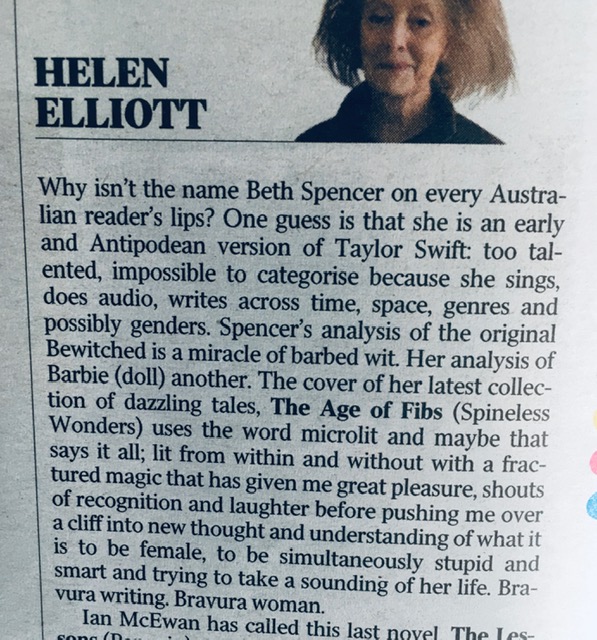
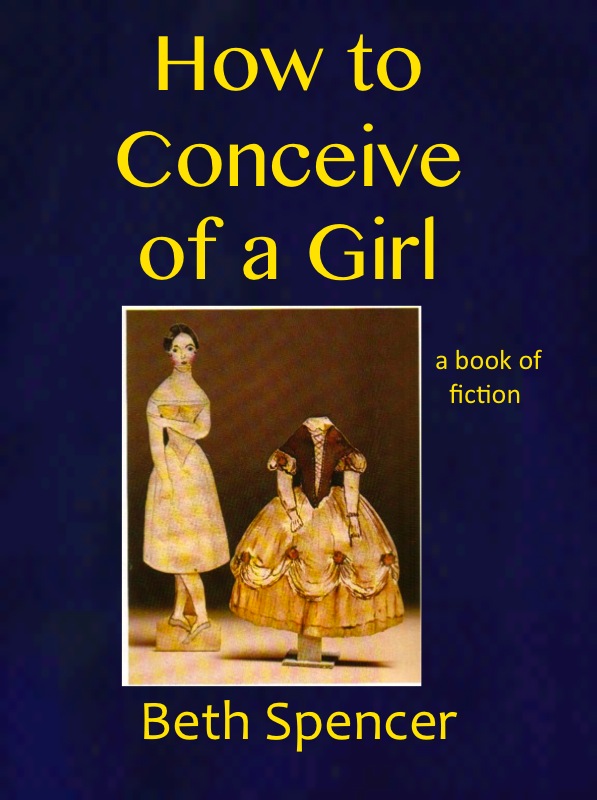
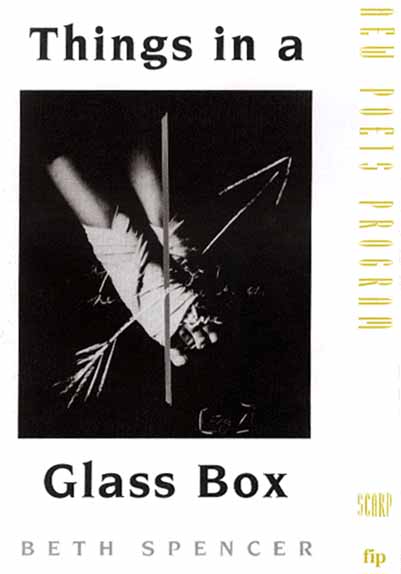
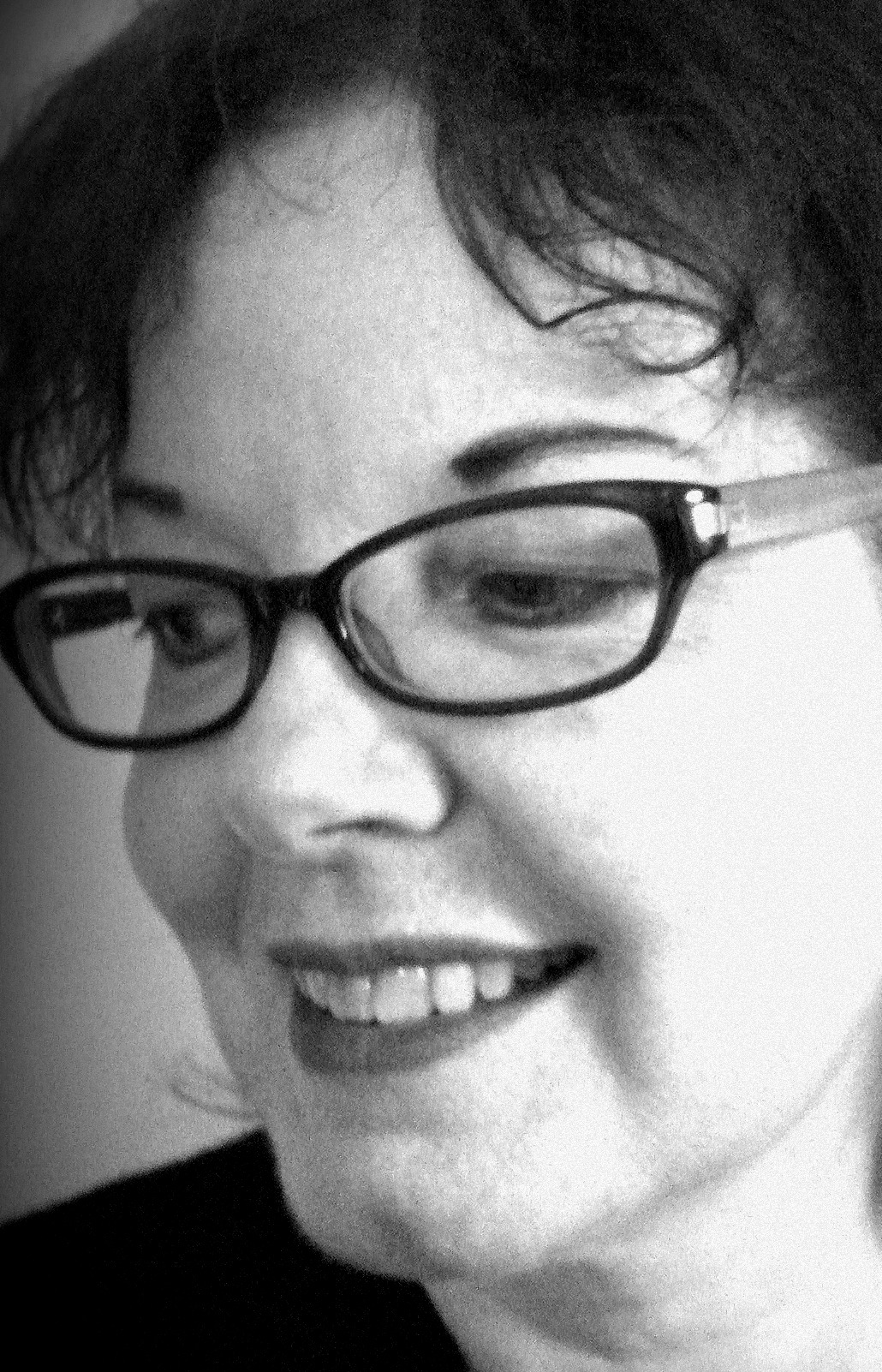
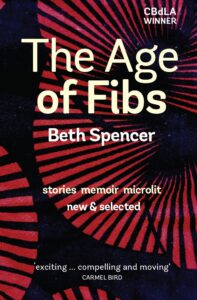
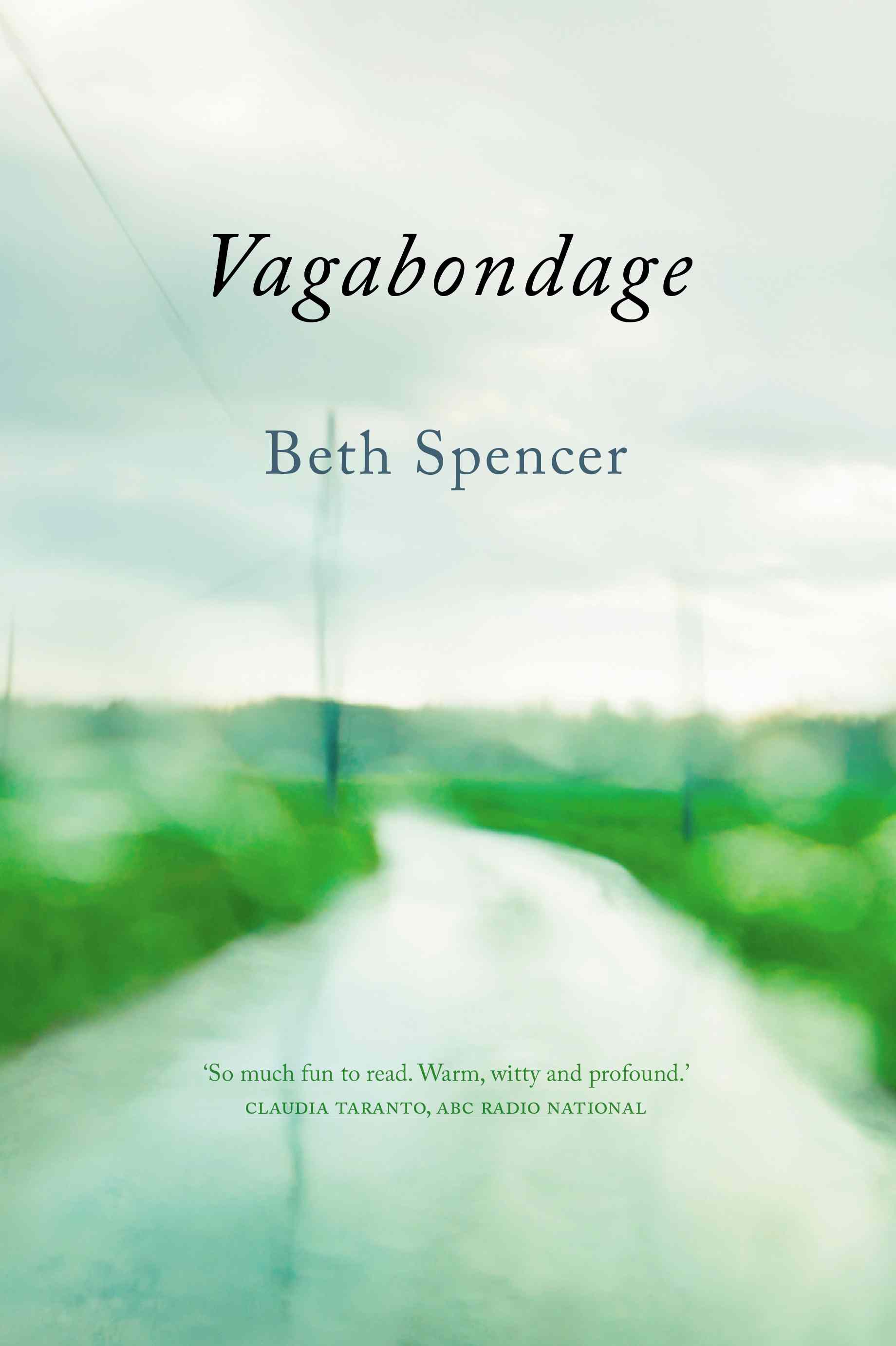
![[The Party of Life, cover]](http://bethspencer.com/blog/wp-content/uploads/2012/11/sm-edged-front-cover-Party-of-life-227x300.jpg)

